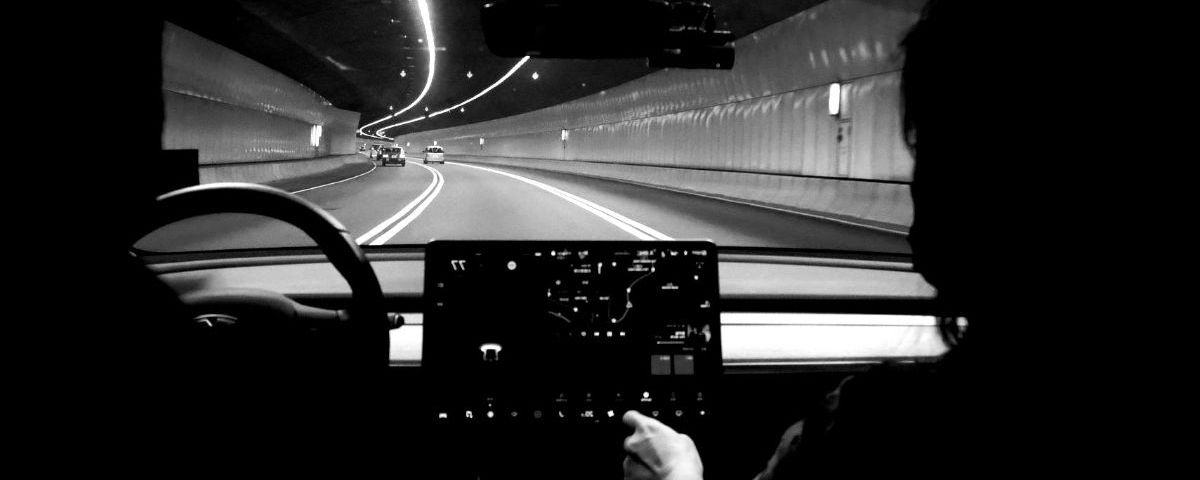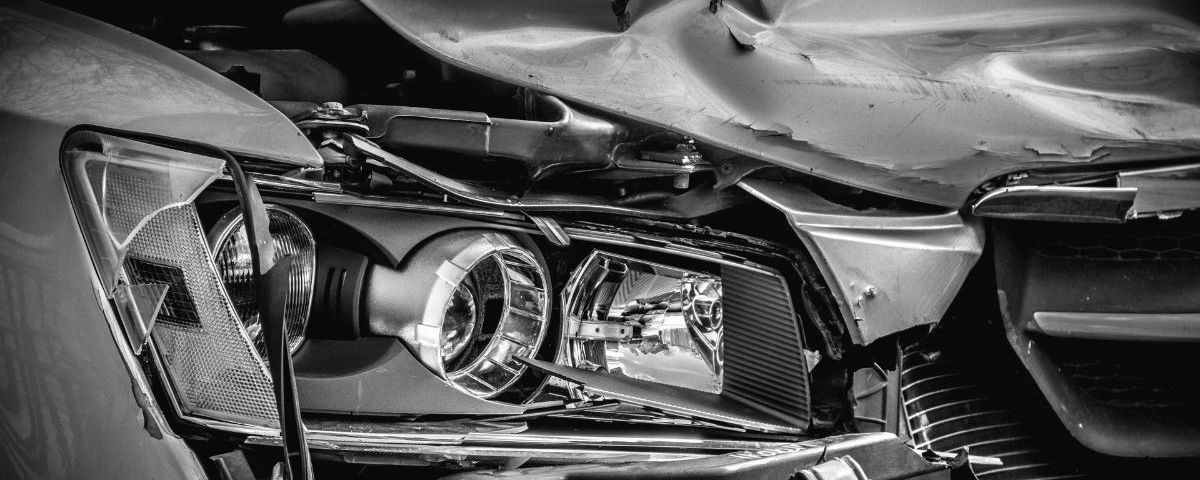Driving Offences
Dangerous, Negligent & Reckless Driving
Dangerous Driving Offences
A range of dangerous driving offences are contained within section 52A of the Crimes Act 1900 (NSW) and can carry substantial penalties. It is important to seek early advice about your options if you are facing a charge of dangerous driving.

What You Need to Know
What is Dangerous?
Essentially, when a driver operates their vehicle in a way that puts the safety of others on the road at risk. This can include but not limited to speeding, overtaking dangerously, or driving under the influence of drugs or alcohol.
What are the Penalties?
Should the dangerous driving result in the death of another person, the maximum penalty is 10 years imprisonment. If grievous bodily harm to another was caused by the manner of the dangerous driving, the maximum penalty that could be imposed is 7 years imprisonment.
If at the time of the accident causing the death or grievous bodily harm of another person, the accused person was found to be over the legal alcohol limit or affected by an illicit substance, and/or travelling at more than 45km/h over the speed limit, or engaged in a police pursuit, the maximum penalty increases to 14 years imprisonment if death of another was occasioned and 11 years if grievous bodily harm was caused.
What does Grievous Bodily Harm Mean?
Section 4 Crimes Act 1900 (NSW) defines grievous bodily harm as any permanent or serious disfiguring of the person. There is no bright line as to what constitutes a permanent or serious disfiguring. The Court has long held that grievous bodily harm does not require that the consequences of the injuries are long-lasting or life threatening, however, often the types of injuries which constitute grievous bodily harm typically involve extensive surgery and the use foreign objects, such as metal plates, to assist with healing or to remain permanently in place.
What are the Defences?
The following are the legal defences against a charge pursuant to section 52A of the Crimes Act 1900 (NSW):
Duress
The accused was acting under the threat of immediate and serious harm to themselves or another person.
Self-Defence
The accused used reasonable force to defend themselves or another person from an unlawful attack.
Accident
The accused's actions were accidental, and they did not intend to cause the death or grievous bodily harm of another person.
Mental Illness
The accused was suffering from a mental illness that impaired their ability to understand the nature and quality of their actions, or to control their actions.
Necessity
The accused's actions were necessary to prevent a greater harm.
In addition to these general defences, there is also a specific defence to section 52A(1) of the Crimes Act 1900 (NSW), which is that the death or grievous bodily harm occasioned by the impact was not in any way attributable to the fact that the accused was under the influence of intoxicating liquor or of a drug, or to the speed at which the vehicle was driven, or to the manner in which the vehicle was driven.
It is important to note that the burden of proof lies with the Prosecution to prove that the accused is guilty of the offence beyond a reasonable doubt. If the accused raises a defence that casts a reasonable doubt on their guilt, then the accused must be acquitted.
Why Jackson John Defence Lawyers?
If you have been charged with an offence under section 52A of the Crimes Act 1900 NSW, it is important to seek legal advice from an experienced criminal defence lawyer. A lawyer can help you to understand your legal rights and options, and to build a strong defence on your behalf.
Negligent Driving Offences
Negligent driving occurs when a driver fails to exercise the appropriate level of care and attention on the road, resulting in harm or risk of harm to others and is a criminal offence pursuant to section 117(1) Road Transport Act 2013 (NSW).

What you need to know
What is Negligent?
Examples of negligent driving include failing to stop at a red light or stop sign, failing to keep a safe distance from other vehicles, not taking appropriate precautions in unsafe weather conditions, doing burnouts.
The legal test for negligent driving was set out in Director of Public Prosecutions v Yeo (2008) NSWCCA 953, which established that the Prosecution must prove that an accused person was not exercising the degree of care and attention that a reasonable and prudent driver would exercise in the circumstances.
What are the Penalties?
Negligent driving not causing death of grievous bodily harm can result in a penalty notice which carries 3 demerit points and a $481 fine. Otherwise, you can be charged with this offence, and the Court can impose a maximum fine of $1,100 and may disqualify an individual from driving for up to 12 months.
Negligent driving occasioning grievous bodily harm carries a maximum penalty of a fine of $2,200 and/or 9 months imprisonment if it is your first offence. The Court will automatically disqualify an individual for 3 years but can reduce that period to 12 months. These penalties increase to a fine of $3,300 and/or 12 months imprisonment should this be a second or subsequent offence. The automatic period of disqualification is 5 years, which can be reduced to 2 years.
Negligent driving occasioning death carries a maximum penalty of a fine of $3,300 and/or 18 months imprisonment if it is a first offence. The Court will automatically disqualify an individual for 3 years but can reduce that period to 12 months. These penalties increase to a fine of $5,500 and/or 2 years imprisonment should this be a second or subsequent offence. The automatic period of disqualification is 5 years, which can be reduced to 2 years.
What does Grievous Bodily Harm Mean?
Section 4 Crimes Act 1900 (NSW) defines grievous bodily harm as any permanent or serious disfiguring of the person. There is no bright line as to what constitutes a permanent or serious disfiguring. The Court has long held that grievous bodily harm does not require that the consequences of the injuries are long-lasting or life threatening, however, often the types of injuries which constitute grievous bodily harm typically involve extensive surgery and the use foreign objects, such as metal plates, to assist with healing or to remain permanently in place.
What are the Defences?
The following are the legal defences against a charge pursuant to section 117(1) of the Road Transport Act 2013 (NSW):
Necessity
The accused's driving was necessary to avoid a greater harm. For example, if the accused swerved to avoid hitting a pedestrian, they may be able to argue that their driving was necessary to avoid causing death or serious injury.
Duress
The accused was acting under the threat of immediate and serious harm to themselves or another person. For example, if the accused was forced to drive recklessly by an armed hijacker, they may be able to argue that they were acting under duress.
Automatism
The accused was not in control of their actions at the time of the offence. For example, if the accused was suffering from a medical condition that caused them to lose consciousness, they may be able to argue that they were acting in automatism.
Honest & Reasonable Mistake
The accused made an honest and reasonable mistake about the circumstances of their driving. For example, if the accused was driving on a dark road and they mistook a rock for a pedestrian, they may be able to argue that they made an honest and reasonable mistake.
In addition to these general defences, there is also a specific defence to section 117(1) of the Road Transport Act 2013 (NSW), which is that the accused did not drive negligently. This means that the accused must not have fallen below the standard of care that a reasonable driver would have exercised in the same circumstances.
It is important to note that the burden of proof lies with the prosecution to prove that the accused is guilty of the offence beyond a reasonable doubt. If the accused raises a defence that casts a reasonable doubt on their guilt, then the accused must be acquitted.
Driving Recklessly Offences
Driving recklessly is a charge that is often interchangeable with for dangerous driving. Reckless driving pursuant to section 117(2) Road Transport Act 2013 (NSW) states that a person must not drive a vehicle on a road furiously, recklessly, or at a speed or manner dangerous to the public.

What You Need to Know
What Does Recklessly Include?
Recklessness in the context of driving offences is defined as driving with a deliberate disregard for the safety of others on the road. This can include excessive speeding, sudden lane changes, or racing other vehicles.
What are the Penalties?
The penalties for reckless driving can be severe, with a maximum sentence for a first offence of a $2,200 fine or 9 months imprisonment. For second or subsequent offences the maximum penalties increase to 12 months imprisonment and a fine of up to $3,300.
The Court will take into the following considerations with respect to the surrounding circumstances when deciding whether the driving was reckless or not:
- The nature, condition, and use of the road;
- The number of vehicles that were present on the road, or what could be reasonably expected to be there; and/or
- Any obstructions or dangers on the road, such as broken down or crashed vehicles, debris, or areas affected by emergencies.
What are the Defences?
The following are the legal defences against a charge pursuant to section 117(2) of the Road Transport Act 2013 (NSW):
Necessity
The accused's driving was necessary to avoid a greater harm. For example, if the accused swerved to avoid hitting a pedestrian, they may be able to argue that their driving was necessary to avoid causing death or serious injury.
Duress
The accused was acting under the threat of immediate and serious harm to themselves or another person. For example, if the accused was forced to drive recklessly by an armed hijacker, they may be able to argue that they were acting under duress.
Automatism
The accused was not in control of their actions at the time of the offence. For example, if the accused was suffering from a medical condition that caused them to lose consciousness, they may be able to argue that they were acting in automatism.
Self-Defence
The accused used reasonable force to defend themselves or another person from an unlawful attack.
Honest & Reasonable Mistake
The accused made an honest and reasonable mistake about the circumstances of their driving. For example, if the accused was driving on a dark road and they mistook a rock for a pedestrian, they may be able to argue that they made an honest and reasonable mistake.
It is important to note that the burden of proof lies with the prosecution to prove that the accused is guilty of the offence beyond a reasonable doubt. If the accused raises a defence that casts a reasonable doubt on their guilt, then the accused must be acquitted.
It is important to note that the burden of proof lies with the Prosecution to prove that the accused is guilty of the offence beyond a reasonable doubt. If the accused raises a defence that casts a reasonable doubt on their guilt, then the accused must be acquitted.
Why Jackson John Defence Lawyers?
If you have been charged with an offence under section 52A of the Crimes Act 1900 NSW, it is important to seek legal advice from an experienced criminal defence lawyer. A lawyer can help you to understand your legal rights and options, and to build a strong defence on your behalf.
Get in Touch
Get Your Free Initial Consultation

